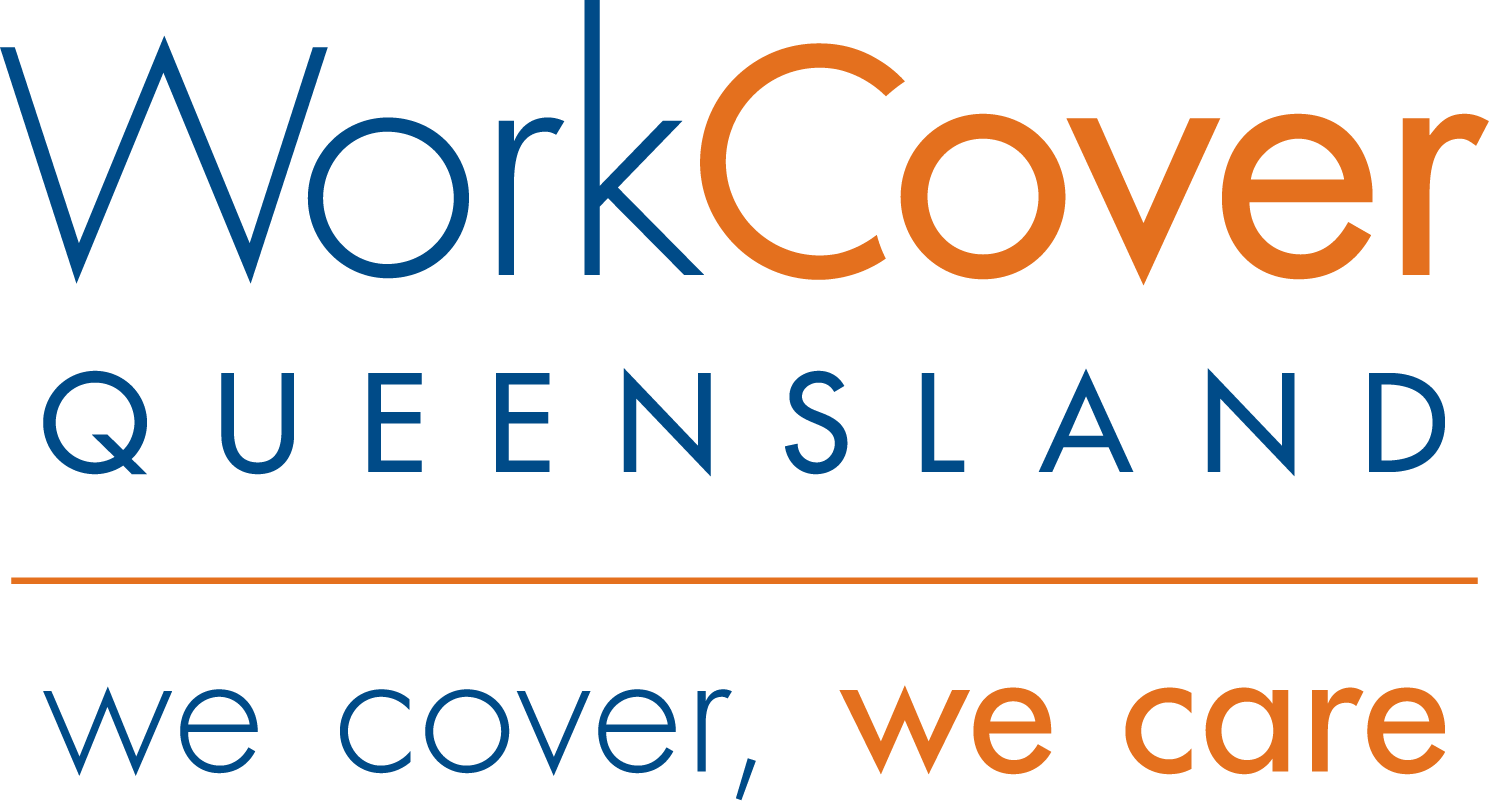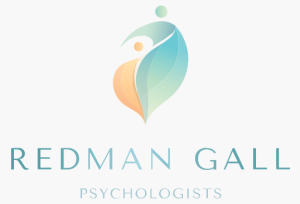For many of us, drinking a glass of wine or a beer at the end of our day is a standard part of our routine.
Alcohol is often drunk to relax and unwind, helping us to achieve a sense of relaxation and happiness. We often drink alcohol to mark a celebration and to toast our achievements. One of the effects of alcohol is that it decreases our inhibitions, meaning that when drinking many people become more sociable and talkative, and feel less shy. Understandably, many people like to drink socially.
Unfortunately, alcohol can be physically and psychologically addictive. Its grip on you tends to tighten so slowly that it is quite common for an someone’s drinking to become emotionally or physically unhealthy without them noticing, at least at first.
Why you need to be aware: The Risks of Drinking
Our use of alcohol has systemic effects on the body and brain. Although it can feel like it helps us to get to sleep, it actually undermines the quality of the sleep that we get. In addition it impedes our judgment and reaction time; damages our memory; and contributes to a whole raft of other health problems.
The mainstream media often highlights research suggesting that there may be a link between including some alcohol in your diet and a reduced risk of heart disease. However, this benefit is greatly outweighed by the risks associated with drinking such as depression, liver disease, gut problems, sexual dysfunction and a variety of cancers. Emergency rooms see large numbers of alcohol related injury and illness cases every single day.
Recent research has identified that there is no ‘safe’ amount of alcohol.
Socially, drinking larger amounts of alcohol is associated with increased aggression, vehicle accidents and assaults. Most of us can remember having unpleasant interactions with someone who is drunk.
But these things don’t apply to me …
If you have not been diagnosed with any of these health problems and don’t often get “drunk”, it can be easy to assume that these risks don’t apply to you. Similarly, if you don’t tend to act out when drunk, if you find that you can still attend work, look after your kids and meet your obligations, then it may not be immediately obvious that your drinking has become unhealthy.
Signs that you need to cut back your Drinking
This being the case, how can you tell if you should cut back? The following are signs that alcohol might have a bigger grip on you than is emotionally or physically healthy:
You feel like you need it to relax and/or have trouble relaxing without it.
You really want it, and find yourself thinking about having a drink when you knock off for the day, when you catch up with friends, or in situations where you would usually drink (eg such as when you eat certain foods). You would find it difficult not to drink it if it were in front of you.
You drink to make yourself feel better, or to numb pain.
You do not always feel in control of your drinking, and find that you drink more or for longer periods than you had planned.
You are not able to remember all the details of times when you were drinking.
You drink in secret or you lie about how much you drink when others ask.
You, your friends or family are concerned about how much you drink, or your behaviour or emotions when you are drinking.
You think you should stop or cut back, but find that you struggle to do so.
You spend a lot of time drinking, or being hungover.
You don’t always perform your best at work or reduce or avoid participating in activities (eg sports or social events) because you have been drinking or are hungover.
You do risky things when you have been drinking, which may include drink-driving, spending more than you should, having unprotected sex – essentially doing things that you’d generally not do when sober.
You are drinking more than the recommended low risk levels.
The current Australian guidelines define “Low Risk” for adults as drinking two or fewer alcoholic drinks on any day. That amounts to two small glasses of wine (150ml), just over one stubby of heavy, two midstrengths / light beers or nips of spirits. It’s not a whole lot.
Tips for Cutting Back
If you have been drinking large amounts of alcohol (8 or more units a day), it can be risky to go “cold turkey”, and if you do so you may experience dangerous withdrawal symptoms. If this is you, it is important that you talk to your doctor who can help you safely manage cutting back or ceasing your drinking.
Limit the Risks: In instances where you choose to drink, it is wise to take steps to ensure that you keep yourself as safe as possible. This can include putting strategies in place to:
limit your intake (eg only purchasing a small amount of drinks, if drinking at home; only taking a limited amount of cash if drinking out); and
reduce physical risks. For example, ensure that you have eaten enough food; make sure to drink non-alcoholic drinks (eg alternate); plan alternate transport; and make sure that you don’t have access to your car keys.
Address why you are Drinking
If you are drinking to reduce unpleasant emotions, to relax or to manage your stress, and you are limiting the impact on your physical health and safety, it is a good idea to develop new ways of achieving these goals before you cut back dramatically.
If you don’t, then you may find that sticking to your new goals is very difficult as you are taking away one of your “coping” strategies, before you have replaced it with anything new, which can lead you to feel worse. If you then lapse and have a drink and this relieves your symptoms, your drinking becomes strongly reinforced.
Learning new ways of managing stress, and regulating your emotions is like building scaffolding that supports your efforts to reduce drinking.
Identify and Address your Triggers
Figuring out what activities, thoughts, feelings or behaviours that we associate with drinking is an important part of reducing unhealthy drinking. If we discover that we always feel like a drink when we knock off work, catch up with a certain friend, or when we feel agitated, we can tell that these are going to be times where it is tougher for us to keep our commitment to cutting back. With this knowledge we can actively plan to do things differently and prevent ourselves from drinking due to habit.
Seek Assistance
Although alcohol can sometimes provide temporary relief from distress, it never solves problems and it quite often makes things worse. For many people cutting back on your own can be really tough, and getting some support can make all the difference in your success.
As drinking can both lead to mental health problems, and mental health problems can lead people to drink as a method of coping, the need to cut back on alcohol is a common issue that many psychologists work with. Unhealthy drinking is linked to so many problems that many psychologists will routinely ask you about your alcohol use.
Psychologists can help you to break habits, such as drinking, as well as identify and addressing any underlying issues that are contributing to your drinking. This can include treatment for any mental health problems that you may have, as well as teaching you skills to relax and manage your stress and emotions.
If you feel that your drinking is unhealthy, is impacting negatively on your life or worsening mental health issues, and you believe that you would benefit from seeing a psychologist, then please make an appointment with Kelly today.



